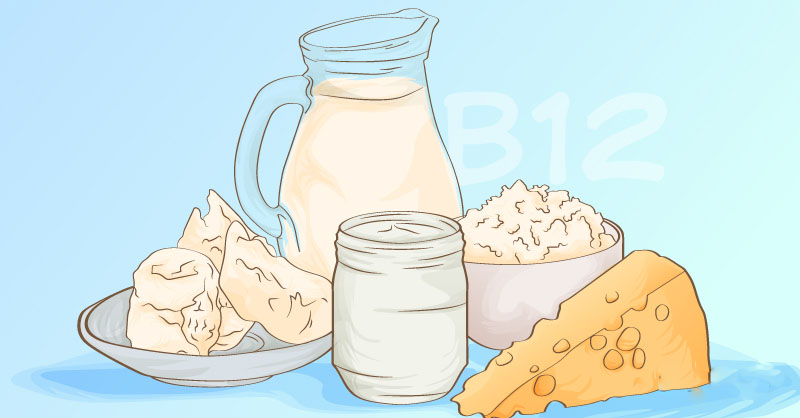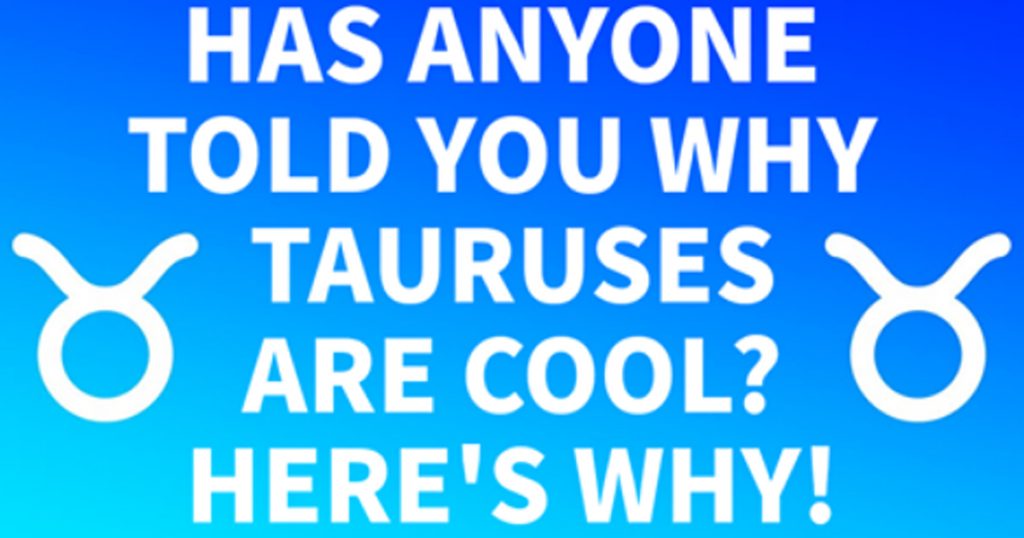There are eight B vitamins, vitamin B12 is one of them. It plays an important role in the production or red blood cells, DNA, nerve tissue, and other functions. Your body doesn’t produce vitamin B12 (like many other vitamins) which means that you need to have enough of it in your diet. Recommended dietary allowance (RDA) is the following: adolescents over age 14 and adults – 2.4 mcg per day, pregnant women – 2.6 mcg per day, lactating women – 2.8 mcg per day.

Plant products don’t contain vitamin B12, it can only be found in animal products. Vitamin B12 supplements and foods fortified with vitamin B12, such as breakfast cereals, are available. Foods naturally rich in vitamin B12 include:
— meats, such as beef, pork, lamb, and ham, and poultry;
— fish, e.g. tuna and haddock;
— milk and dairy products, such as cheese and yogurt;
— certain nutritional yeast products;
— eggs.

Vitamin B12 deficiency can manifest in a wide range of symptoms. Because the symptoms are so varied, it can be mistaken for something else at first.

Signs and symptoms include the following:
— pale or yellowish skin color (jaundice);
— mouth ulcers and a swollen, inflamed tongue;
— GI symptoms, including diarrhea, constipation, and gas;
— loss of appetite;
— problems with vision;
— fatigue;
— dizziness;
— muscle weakness;
— trouble maintaining balance;
— in women, irregular period;
— heart palpitations and shortness of breath;
— mood changes, such as depression and irritability;
— decrease in mental abilities – trouble thinking clearly, problems with memory;
— in severe cases, paranoia, mania, psychosis, and hallucinations.

If your doctor suspects you’re suffering from the lack of this vitamin, he or she will order a blood test to confirm the diagnosis. Symptoms usually subside quickly after you start treatment. Treatment involves taking oral supplements or getting injections (depending on the severity of your deficiency and the presence of other health conditions). If left untreated, vitamin B12 deficiency can lead to severe neurological damage.

Risk factors for developing vitamin B12 deficiency include the following:
— old age;
— being vegetarian or vegan;
— having had a weight-loss surgery;
— inability to absorb vitamin B12, or reduced absorption, due to conditions such as pernicious anemia, gastritis, celiac disease, Crohn’s disease and inflammatory bowel disease;
— chronic alcoholism;
— taking metformin (a diabetes medication);
— taking proton pump inhibitors (heartburn medications).





